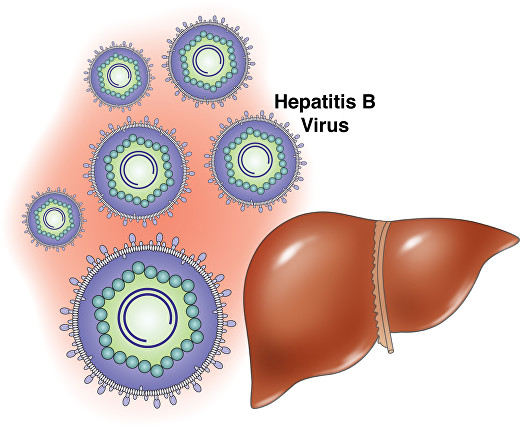Hepatitis B Vaccine

Hepatitis B vaccine is a routine immunization.It is administered to children and those believed to be at a greater risk of contracting hepatitis B and its complications.
The vaccination protects individuals against the hepatitis B virus, which is a leading cause of severe liver illness, including liver cancer and liver scarring (cirrhosis).
Frequently Asked Questions About Hepatitis B Vaccine
What Is The Recommended Vaccination Schedules For Hepatitis B?
The most commonly used immunisation schedule for children and adults is three doses at 8, 12, and 16 weeks. However, certain vaccinations and/or risk groups have been authorized for alternate regimens.
What HepatitisB Vaccinations Are Currently Approved For Use In The United Kingdom?
In the United Kingdom, 3 single-antigen vaccines and 2 combination vaccinations are presently approved.
Hepatitis B vaccinations based on a single antigen:
- ENGERIX-B®
- HBVAXPRO Adult®
- HBVAXPRO Paediatric®
Combination Vaccines:
- Infanrix hexa®: it is a combination vaccination against (inactive) poliomyelitis (IPV),diphtheria, acellular pertussis (DTaP), tetanus, Haemophilus influenzae type b (Hib),and hepatitis.This vaccine cannot be given before the age of six weeks or after seven years.
- TWINRIX®: Hepatitis A and B vaccination in one. It is recommended for those aged 18 years and above and at a higher risk of contracting HAV or HBV.
Who Should Be Vaccinated Against Hepatitis B?
Although there is a lower risk of contracting hepatitis B in the UK, the vaccination is still administered to children and people in high-risk groups. Individuals who are considered to be in the high-risk group include:
- Infants born to infected mothers.
- Those who inject drugs and those who have partners who inject drugs.
- Homosexual
- Heterosexuals who change their partners frequently
- Sex workers
- Those who live with family members or partners with hepatitis B
- Individuals travelling in high-risk regions
- Those who work with individuals with severe learning disabilities.
- Those whose work puts them at risk of contact with body fluids or blood.For instance, dentists, prison staff, nurses, and lab technicians.
- Some foster cares or those who want to foster or adopt a child from a high-risk country
How Long Does The Hepatitis B Vaccination Provide Protection?
Immunologic memory has been shown to remain in a person’s body for at least 30 years in healthy individuals who received their first dose of the hepatitis B vaccine at 6 months. That implies that immunisation protects against chronic hepatitis B virus and clinical sicknessfor an extended period of time.
Additionally, cellular immunity persistseven in low or undetectable antibody levels. Therefore, booster vaccination doses are not required if the health care professional has produced protective antibodies.
Is It Safe To Receive The Hepatitis B Vaccine During Lactation Or Pregnancy?
Yes. Because the hepatitis B vaccine does not contain a live virus. Therefore, neither lactation nor pregnancy should be a contraindication to immunization in women.
At Regent Street Clinic™ in Nottingham,we provide hepatitis B vaccine service to private patients.
Blog Source: https://regentstreetclinic.wordpress.com/2022/02/10/hepatitis-b-vaccine/
- Industry
- Art
- Causes
- Crafts
- Dance
- Drinks
- Film
- Fitness
- Food
- Spiele
- Gardening
- Health
- Home
- Literature
- Music
- Networking
- Other
- Party
- Religion
- Shopping
- Sports
- Theater
- Wellness
- News


